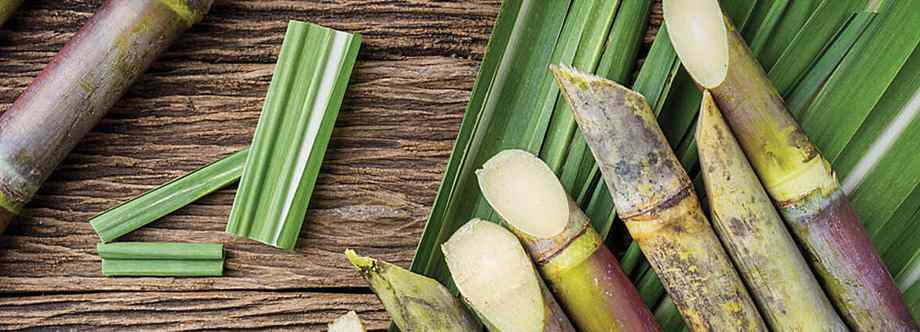

The Central Government has granted permission to sugar mills to convert their existing stocks of 670,000 tonnes of B-heavy molasses into ethanol. The petroleum ministry has been tasked with directing oil retailers to procure ethanol for the upcoming cycle.
According to reports, the food ministry is satisfied with the current level of sugar production in relation to domestic consumption requirements.
This directive is significant as it coincides with the conclusion of the sugarcane crushing season and bolsters India’s ambitious ethanol-blending goals—E15 by 2023-24 and E20 by 2025-26. Moreover, it aims to accelerate payments to sugarcane farmers, thereby improving their financial stability.
As of March, India had achieved an ethanol blend of 11.96% with petrol. Ethanol, a 99.9% pure alcohol, is mixed with fuel to reduce the country’s reliance on imported crude oil. In India, ethanol is primarily derived from sugarcane-based molasses and grain-based sources. B-heavy molasses, accounting for 60% of ethanol production, is a significant contributor, followed by sugarcane juice at 20%, while C-heavy molasses plays a smaller role.
It is anticipated that the stock of B-heavy molasses will support the production of 2.37 million tonnes of ethanol in the current supply year, which commenced in November.
For the ongoing 2023-24 season, sugar production is projected to be between 315-320 lakh tonnes, excluding the diversion of 17 lakh tonnes.
The decision of the food ministry carries significant weight in addressing legal disputes, notably in Karnataka and Maharashtra, where over thirty court cases had been filed by sugar mills regarding previous restrictions on molasses usage.
Sugar mills had amassed stocks of B-heavy molasses in anticipation of ethanol production prior to the government’s temporary ban on December 7th of last year. The ban was lifted a week later, allowing for the utilization of cane juice and B-heavy molasses, albeit under the condition of an overall cap on diverting 1.7 million tonnes of sugar for ethanol production for the 2023-24 supply year.
The reports hold that sugar mills having surplus stocks of B-heavy molasses couldn’t use it for sugar production. They wanted its conversion into ethanol.
1. The mandate for blending Compressed Biogas (CBG) with natural gas has come into effect…
Andhra Pradesh is striving towards greening its energy sector with quite some speed. In a…
With an objective to bolster India’s green energy goals, a Tripartite Agreement has been signed…
The Union MNRE Minister Pralhad Joshi launched the Green Hydrogen Certification Scheme of India (GHCI)…
India’s energy conglomerate Bharat Petroleum Corporation Limited (BPCL) has commissioned a 5MW green hydrogen plant…
In a historical development, the European Space Agency (ESA) has successfully launched its pioneering ‘Biomass’…